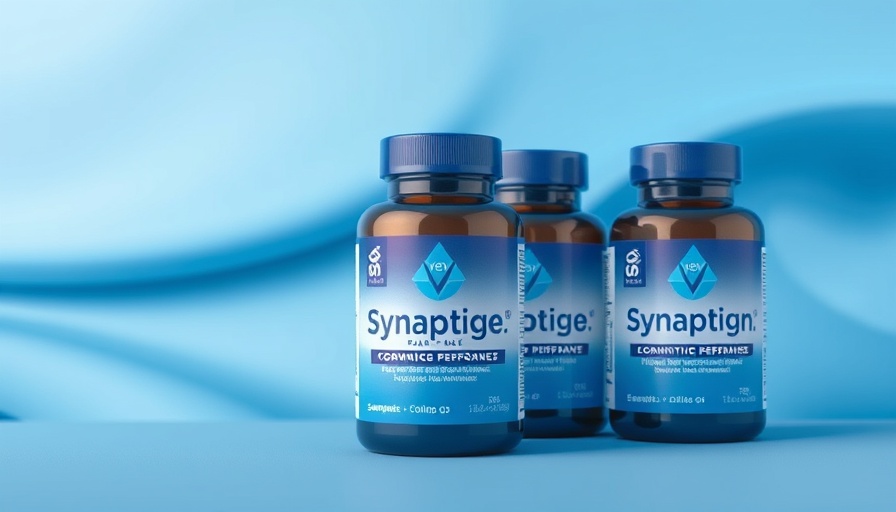
The Significance of Processing Speed in Cancer Care
Processing speed is a vital performance measure in understanding cognitive health, especially among patients battling cancer. A recent study published in Seminars in Oncology Nursing demonstrates that a decline in processing speed often foreshadows a greater cognitive decline among these patients. This insight is imperative for oncology professionals who seek to enhance patient outcomes.
Understanding Processing Speed: More Than Just a Metric
At its core, processing speed refers to the ability to take in information, make decisions, and respond quickly to stimuli. In cancer patients, delays in processing speed can be linked to various factors including age, brain connectivity deterioration, and treatments such as radiation therapy and hormonal therapies. These findings emphasize the complexity of cognitive decline in cancer care and highlight an urgent need for sophisticated evaluation methods during treatment.
Key Antecedents Affecting Processing Speed
The study identified several crucial antecedents that contribute to reduced processing speed. Age-related decline is a well-documented factor; however, medical interventions also stand out as critical influencers. Treatments like radiation therapy can significantly alter cognitive function, demonstrating the need for care strategies that consider not only the physical health of patients but their mental acuity as well.
The Impact of Cognitive Decline on Overall Health
Processing speed doesn’t exist in a vacuum. Cognitive decline affects psychological well-being, work capacity, and even social interactions. The research discusses how a patient's ability to function can be heavily impaired if they experience cognitive slowdown, potentially leading to serious implications in their personal and professional lives. This emphasizes the importance of regular evaluation of cognitive functions as a part of holistic cancer care.
Clinical Implications for Nursing Practices
With these findings, oncology nurses are now encouraged to adopt refined assessment tools that measure processing speed effectively. Implementing tailored interventions based on these assessments can lead to better health outcomes. Strategies might include cognitive therapy and patient education, enabling individuals to manage their symptoms proactively and maintain quality of life. Nurses play a pivotal role in this transition, thereby elevating the standard of care for patients facing cognitive challenges.
Future Research Directions and Gaps
Despite the wealth of information gathered, there remain gaps in understanding the complex relationship between processing speed and cancer treatments. Future research should dive deeper into how different therapies uniquely affect cognitive functions and whether adaptive measures can mitigate these impacts. Greater focus on cognitive preservation in treatment protocols may prove significant in enhancing patient life quality.
Real-World Example: Implementing Changes for Better Health Outcomes
Consider how this understanding of processing speed can translate into practical applications in the healthcare setting. For example, a hospital that adopts cognitive screenings and monitors processing speed in its oncology department can better identify patients at risk for cognitive decline. This proactive approach ensures that actionable insights can be drawn that align with daily healthcare practices.
Conclusion: Taking Action on Processing Speed in Cancer Care
As evidenced by the findings, processing speed stands as a crucial metric in evaluating cognitive function in cancer patients. For oncology professionals and business leaders in healthcare, embracing these insights can spearhead innovative patient care strategies. It's essential for healthcare institutions made up of executives and leaders to prioritize cognitive assessments as part of their service offering.
If you are in a position to influence healthcare practices in your organization, consider advocating for the integration of cognitive assessments into patient care. By doing so, you can significantly contribute to improving health outcomes and restoring quality of life for those battling cancer.
 Add Row
Add Row  Add
Add 




Write A Comment